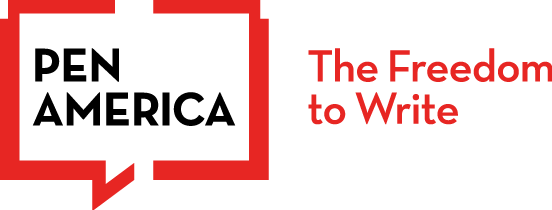As I type this, I know the kind of messages that will come streaming through my inbox in the coming days, but I also know that the most painful part of my experience has been feeling suffocated, like I have no right to speak about how this has affected me. I hereby refuse to swallow garbage and shut up about it, and anyone who thinks I shouldn’t be sharing my story would do well to remember this: Hatred is empowered by silence.
– Lauren Duca
Targeted writers and journalists have often expressed bewilderment over what to do when targeted online. In order to fight back effectively, we first need the ability to communicate clearly about what we’re fighting against, and why it matters.
Research about the physical-world impact of online abuse has been growing in recent years—and with it a common language about tactics of abuse and ways to counter it. But there is not yet a widespread understanding of how online attacks occur, and why they pose such great risk to democratic values. Online harassment is a free expression issue, one that aims to intimidate journalists, writers and activists – especially women and marginalized communities – into self-censorship and silence.
In this section, you will find:
Defining “Online Harassment”
A glossary of terms featuring tips for addressing specific forms of online harassment
Making Sense of Online Hate and Harassment
Understanding some of the factors driving online hate and harassment
Online Harassment as a Free Expression Issue
An essay explaining why PEN America views online harassment as a free expression issue
PEN America’s Online Harassment 2017 Survey
Our 2017 survey of writers and journalists targeted by online harassment
Additional Online Harassment Resources
More online harassment guides compiled by organizations and experts in digital security


